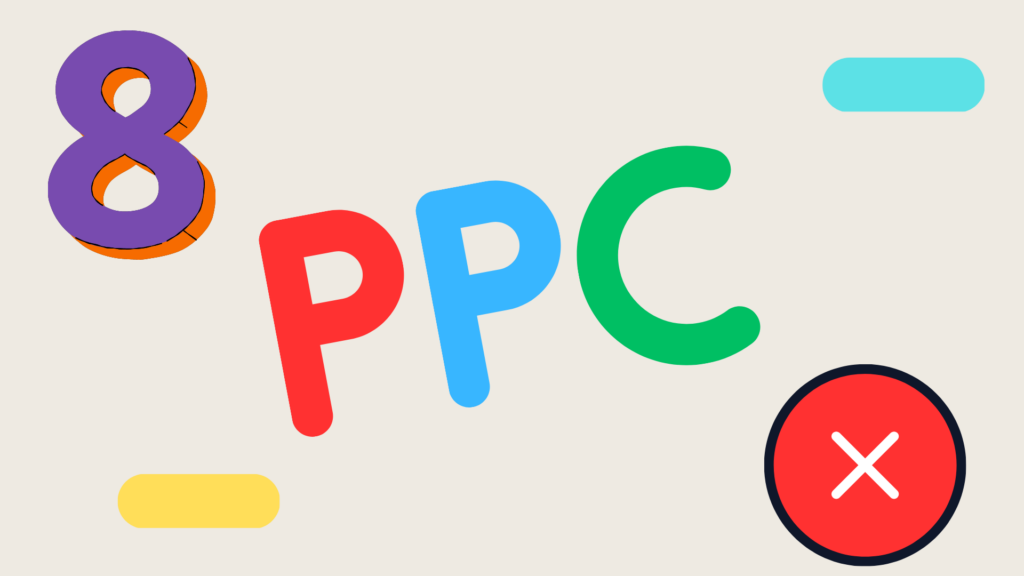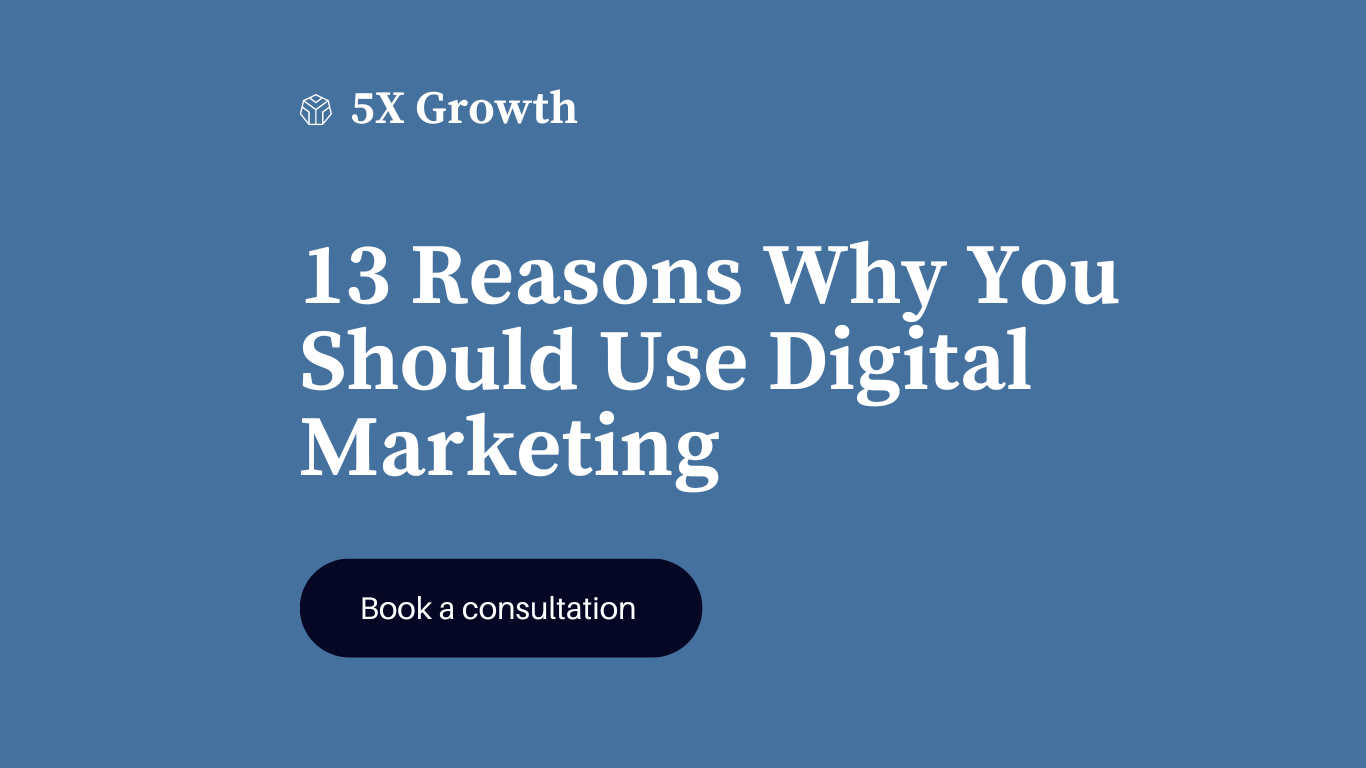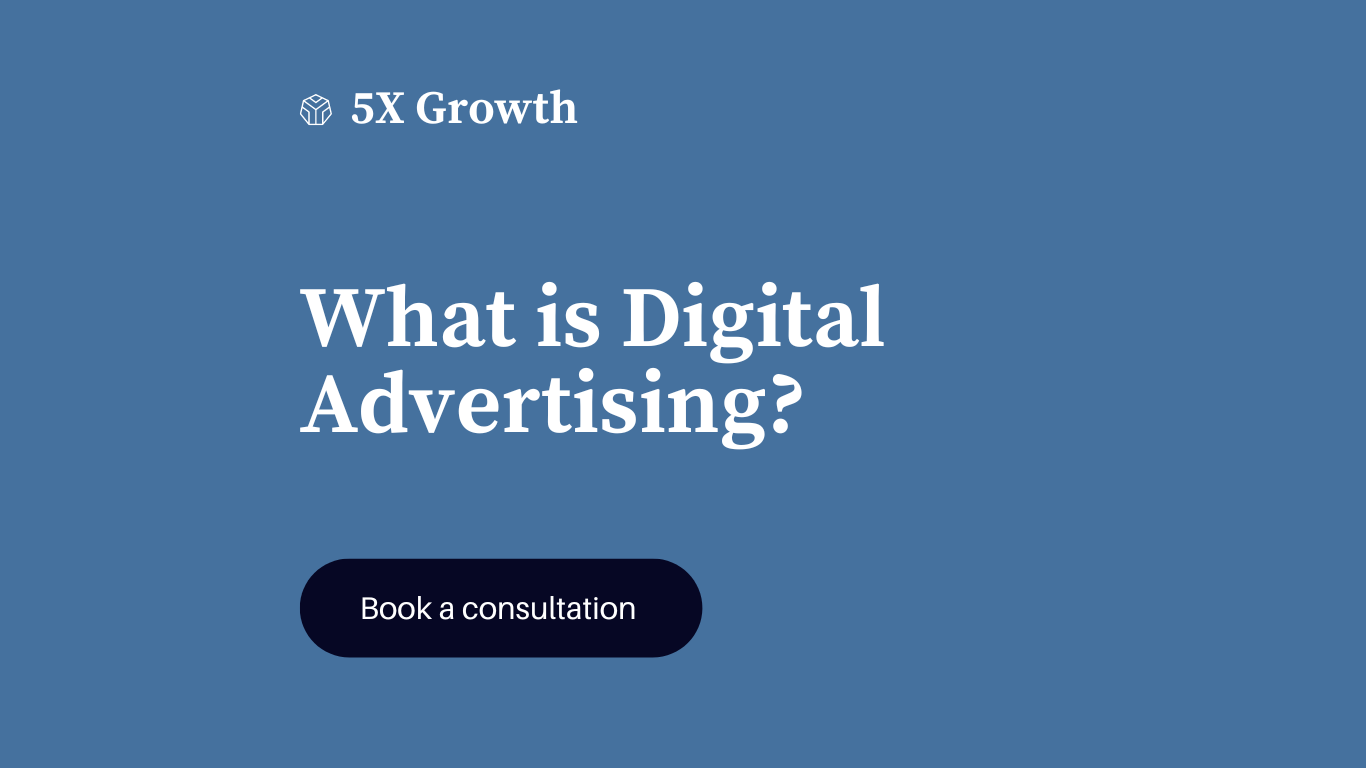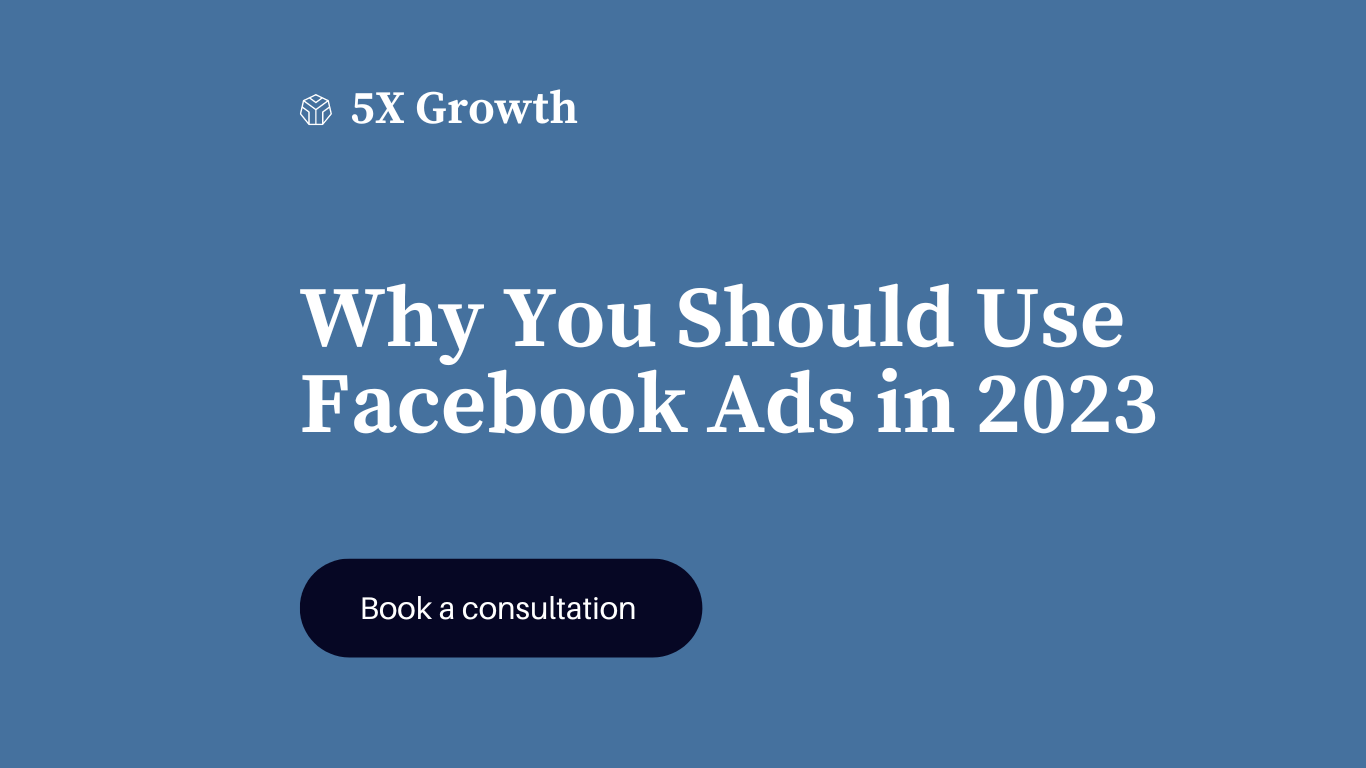In today's advanced age, businesses ought to adjust to unused advances to stay competitive within…
8 Common PPC Mistakes

PPC advertising can be a highly effective way to drive targeted traffic to your website and increase sales. However, if you’re not careful, you could end up making common mistakes that will waste your advertising budget and hurt your ROI. In this article, we’ll explore the most common PPC mistakes and show you how to avoid them to optimize your campaigns for success.
The Importance of Avoiding PPC Mistakes
PPC advertising can be an incredibly powerful tool for businesses of all sizes, allowing you to reach your target audience with highly relevant ads and drive conversions. However, it’s important to remember that PPC is a highly competitive space, and even small mistakes can have a big impact on your campaigns. By the way, an excellent resource to help you steer clear of common PPC pitfalls is Feedspot, featuring an article that compiles the 70 finest PPC blogs and websites.
By taking the time to understand and avoid the most common PPC mistakes, you can ensure that your campaigns are driving the results you need while minimizing wasted spend and maximizing ROI.
1) Lack of Clear Goals and Strategy
The absence of clear goals and strategy within an organization or individual’s endeavors can lead to disorganization, inefficiency, and ultimately, failure. This lack of direction often results in wasted resources, as team members struggle to prioritize tasks or align their efforts towards a common objective. Without a well-defined roadmap, it becomes challenging to measure progress, evaluate performance, or adapt to changing circumstances. As a consequence, the inability to establish and communicate clear goals and strategies can severely hinder the potential for growth and success, leaving stakeholders disillusioned and disheartened in the long run.
To avoid these PPC mistakes, start by setting clear goals for your PPC campaigns, such as increasing website traffic or driving more sales. Then, develop a strategy that aligns with those goals, taking into account factors like your target audience, messaging, and budget.
2) Targeting the Wrong Keywords
Targeting the wrong keywords in digital marketing and search engine optimization (SEO) campaigns can have detrimental effects on a brand’s online visibility and overall success. Focusing on irrelevant or competitive keywords wastes resources and yields poor ROI. Misalignment misses opportunities and hinders quality traffic. Thorough keyword research targets relevant, attainable keywords for online presence, engagement, and conversions.
3) The Important PPC Mistake: Poor Ad Copy and Design
Poor ad copy and design can significantly undermine the effectiveness of marketing campaigns, leading to diminished user engagement, lower click-through rates, and reduced conversions. Poor ads fail to captivate, connect, or evoke emotions, becoming forgettable or off-putting. The issue may stem from bad visuals, confusing copy, or a disconnect with the audience. To avoid pitfalls, invest in compelling ad copy and design that resonates, communicates value, and encourages action.
4) Ignoring Negative Keywords
Ignore negative keywords in digital marketing and waste ad spend, lower click-through rates, and ROI. Using negative keywords in PPC is crucial to refine targeting and optimize ad performance. Neglecting them is a PPC mistake, leading to inefficient resource allocation and poor marketing outcomes.

5) Not Monitoring and Optimizing Campaigns Regularly
Neglecting to monitor and optimize marketing campaigns regularly can lead to suboptimal performance, wasted resources, and missed opportunities for growth. In the dynamic digital world, stay relevant by tracking KPIs and analyzing campaign data. Without it, outdated strategies risk poor results. Regular campaign audits and data-driven optimizations ensure high ROI and continued success by addressing emerging challenges and capitalizing on opportunities.
6) Bidding Too High or Too Low
Bid too high or low in PPC ads, and suffer poor campaign performance, budget inefficiency, and limited marketing success. Overbidding leads to excessive ad spend without proportional ROI, whereas underbidding reduces visibility, rankings, and clicks. To achieve optimal results, analyze historical data, competition, and trends, and adjust bidding strategies for maximum performance and cost-effectiveness.
7) Must Fix the PPC Mistake of Poor Landing Page Experience.
A poor landing pages ruin digital marketing by reducing engagement, increasing bounces, and lowering conversions. Common issues include slow load times, ugly design, confusing navigation, and weak calls to action. Additionally, a disconnect between the ad copy and the landing page content can result in user frustration, causing potential customers to abandon the page before taking the desired action. Fix the PPC mistake with relevant, user-friendly landing pages that match the ad, add value, and have clear calls to action.
8) Do Not Forget to Fix This PPC Mistake: Overlooking Mobile Optimization
Ignoring mobile optimization can hurt online marketing success. More users access to content and make purchases on mobile devices, so it’s vital for businesses to prioritize mobile optimization. Neglecting it leads to slow-loading pages, bad design, and confusing navigation, which increases bounces, reduce engagement, and lowers conversions. Focus on responsive design, fast loading, and easy navigation for a positive user experience and marketing success.
Conclusion
In conclusion, achieving success in digital marketing campaigns requires careful attention to various critical factors, such as keyword targeting, ad copy and design, bidding strategies, landing page experience, and mobile optimization. By recognizing and addressing these common PPC mistakes, businesses can optimize their marketing efforts, maximize return on investment, and drive sustainable growth. It is essential to consistently monitor and adjust campaigns based on data-driven insights, keeping pace with evolving market trends and consumer preferences. By adopting a proactive and adaptive approach to digital marketing, businesses can stay ahead of the competition and ensure long-term success in the ever-changing digital landscape.
FAQs
What are some common mistakes to avoid when starting a PPC campaign?
Don’t make these common PPC mistakes: unclear goals, wrong keywords, and bad ad copy/design. It’s important to research and understand your audience and competitive landscape to ensure that your campaigns are effective.
How can negative keywords improve the effectiveness of my PPC campaigns?
Use negative keywords to filter out irrelevant traffic and improve campaign relevance in PPC. By regularly reviewing your search terms report and adding negative keywords, you can reduce wasted spend and improve your ROI.
Should I bid high or low on my target keywords in PPC advertising?
To optimize PPC ad results, research and understand your audience, competition, and budget before choosing a bidding strategy. Automated bidding and bid adjustments can also be helpful.
How important is mobile optimization for my PPC campaigns?
PPC campaigns need mobile optimization for the growing mobile audience. Unfriendly mobile ads miss out on a significant portion of users. Optimize ad copy, landing pages, and strategy for mobile to enhance user experience and campaign effectiveness.
How often should I monitor and optimize my PPC campaigns for maximum results?
Regular monitoring and optimization are essential for PPC campaigns to ensure that they’re driving the best possible results. Review campaign performance regularly and make data-driven changes for better effectiveness. Frequency depends on campaign size and complexity.


